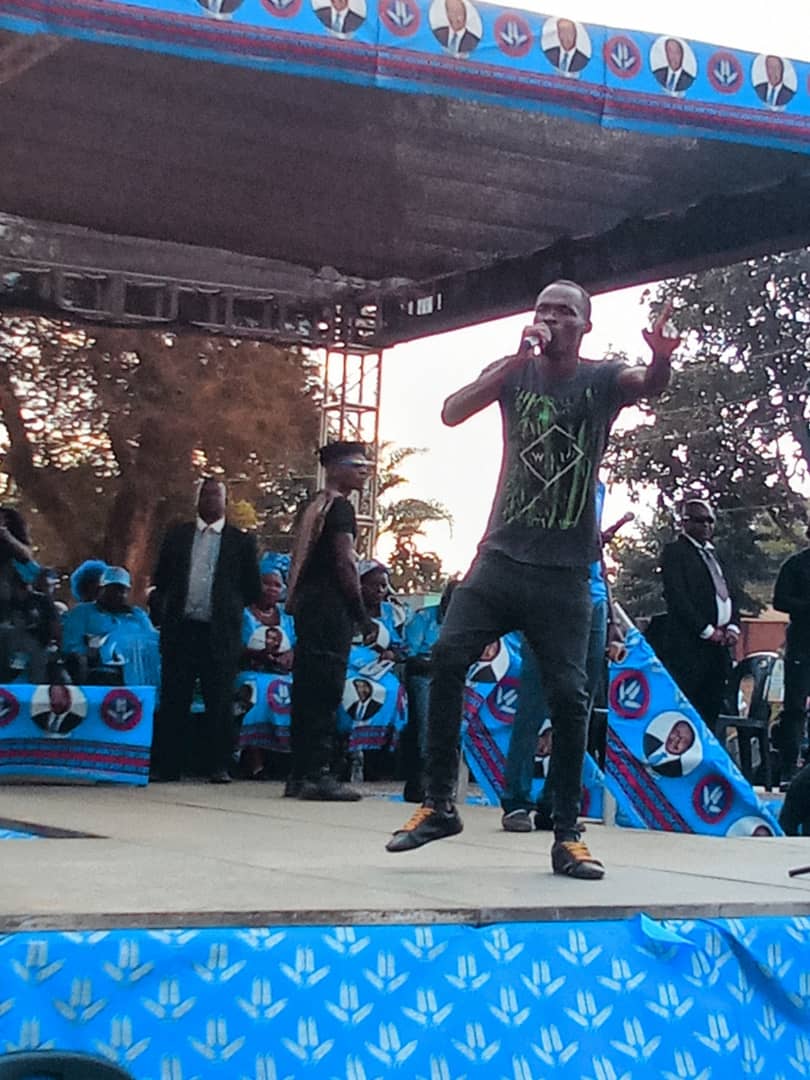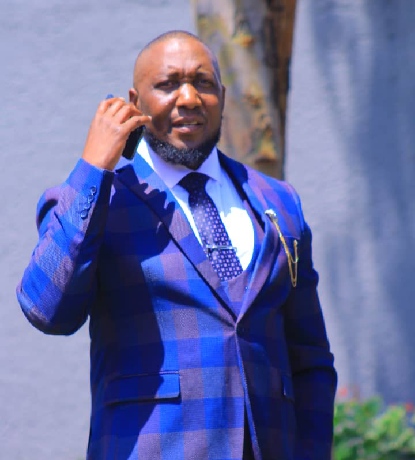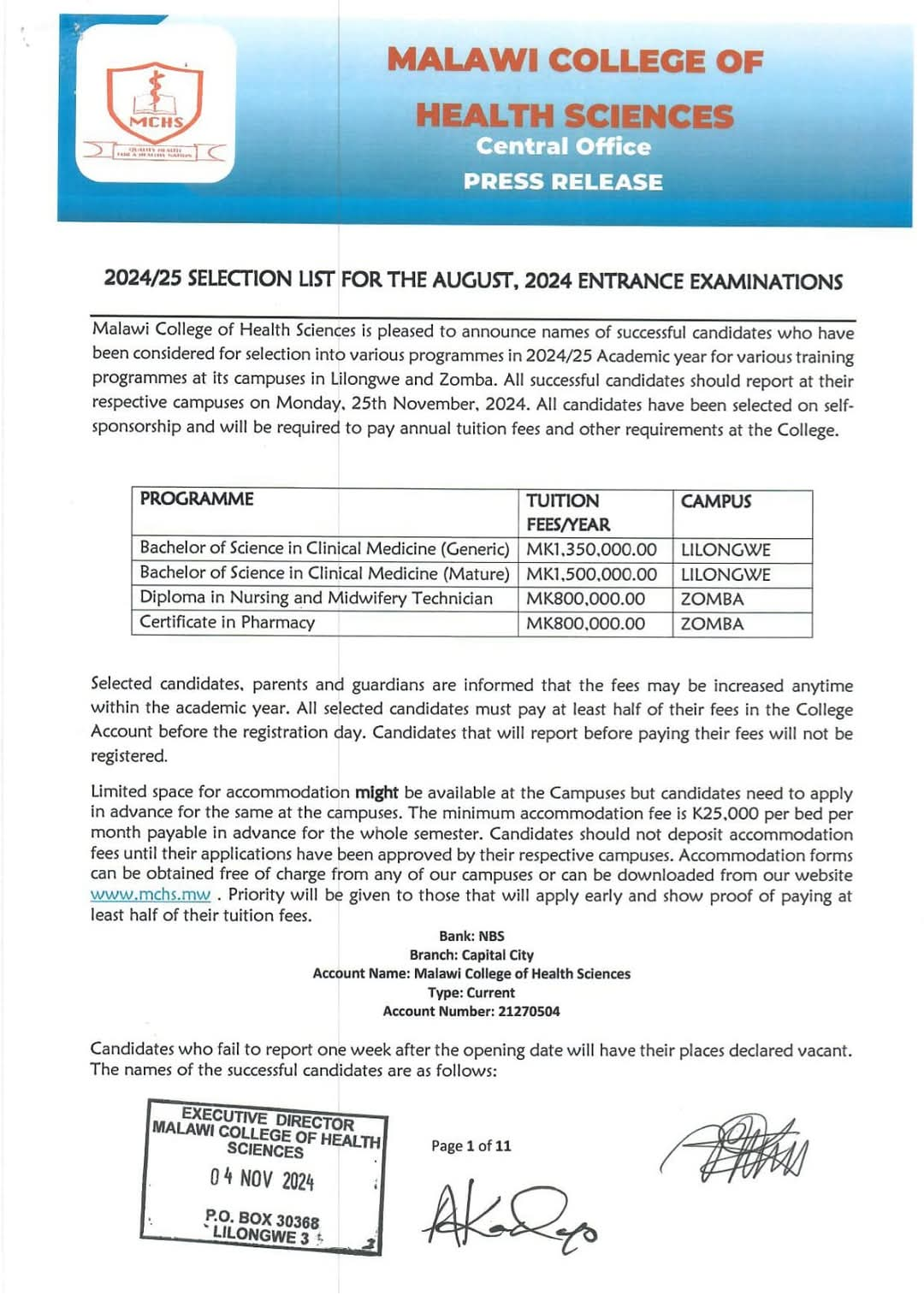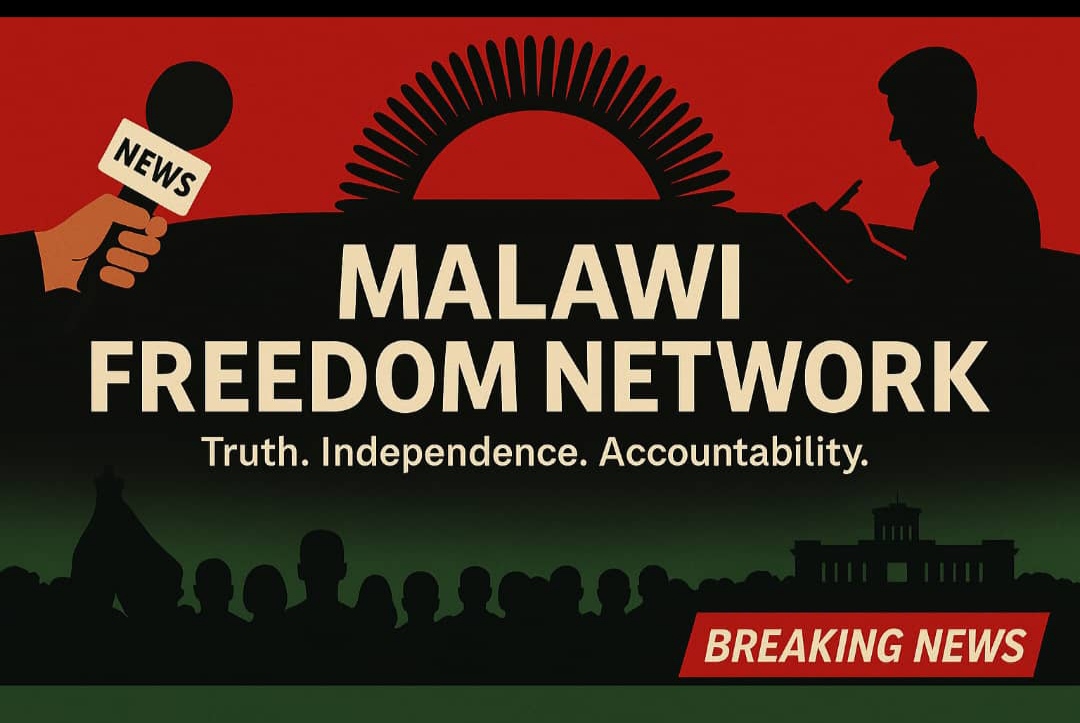By Burnett Munthali
On Sunday, 13th July 2025, the Masintha Ground in Lilongwe was not just a venue for political gathering—it became a platform for raw truth expressed through music.
A powerful song titled “Ufumu Ochita Kulanda” was performed on stage, gripping the audience with its haunting message and unapologetic lyrics.
The title itself—“Ufumu Ochita Kulanda”—translates to “A Stolen Kingdom,” evoking a painful reality many Malawians feel: that power was seized, not earned, and it has since been abused.
As the performers sang, the crowd listened in heavy silence, interrupted only by murmurs of agreement and visible emotion.
The song exposed the harsh consequences of this so-called stolen rule, painting a picture of a nation bleeding under the weight of oppressive leadership.
One line that rang through the sound system was simple yet damning: “Zikwanje ponseponse.”
This referred to the visible and growing presence of armed forces, state-sponsored violence, and a general atmosphere of fear across the country.
Instead of security, the people feel threatened by the very forces meant to protect them.
The artists continued, delivering another painful truth: “Anthu akufa ndinjala.”
These words struck a nerve.
They spoke of hunger, death, and a government that seems unmoved by the suffering of its people.
Malawians, especially in rural areas, are dying not from disease or war—but from the absence of food.
The failure of leadership to manage the economy, provide affordable fertilizer, and ensure basic food security has led to mass starvation and misery.
This song was more than just a performance—it was a protest.
It challenged the status quo, held power to account, and gave a voice to the voiceless.
“Ufumu Ochita Kulanda” captured the spiritual and physical toll of governance gone wrong.
At Masintha, the message was loud and clear: Malawians are tired, hungry, and angry.
Music has always been a mirror of society, and on that Sunday, it reflected a nation crying for justice, dignity, and change.




